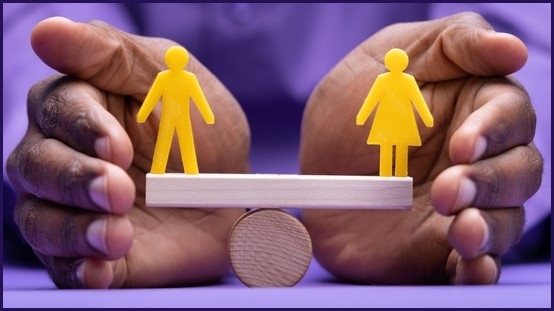Large companies that fail to improve on gender equality targets will be named and shamed and potentially lose Commonwealth work after legislation was passed by Parliament last week, despite the Opposition labelling it “government overreach”.
The Workplace Gender Equality Amendment (Setting Gender Equality Targets) Bill 2024 passed Parliament on Thursday, the last sitting day of the current term, with the support of the Greens and members of the crossbench.
It means that Australian companies with 500 or more employees will have to achieve, or at least improve on, measurable targets relating to gender equality in three-year cycles.
These companies will have to select three gender equality indicators from a “menu of targets” to be determined by the government each three-year cycle.
They will be “measurable genuine targets to improve gender equality in their workplace” and will include the make-up of boards, gender pay gap, availability of flexible working options and efforts to stamp out sexual harassment.
If companies fail to improve on their set targets they will be named and shamed by the Workplace Gender Equality Agency (WGEA), and this will be considered by government departments and agencies when procuring work.
‘World-first’ scheme
Speaking in Parliament last week, Labor Senator Jess Walsh said this is a “world-first targets scheme” that will accelerate action on gender equality in the private sector.
“We want employers to walk the talk on gender equality, and setting targets will help them do just that,” Walsh said.
The Coalition voted against the scheme, with Liberal Senator Jane Hume saying it imposes “quite significant and onerous financial implications on business”.
“The provisions in this bill significantly undermine businesses and they risk the important procurement required for critical areas like national security,” Hume said in Parliament.
“The bill gives personal power to the minister to set the category of targets that can be selected and to select the number of targets that businesses are required to select.
“It’s getting more and more convoluted.”
Room for improvement
The scheme was backed by the Greens, who said it was a welcome step in the right direction, but that it doesn’t go far enough.
Greens Senator Larissa Waters said the targets should apply to companies with 100 or more employees.
“The reporting obligations at the moment apply to companies that have 100 or more workers, so why shouldn’t this new obligation to act on that data apply to the same cohort?” Waters said in Parliament.
Waters also said that companies that do not improve on their gender equality targets should be barred from Commonwealth work entirely.
“It should be an absolute barrier,” she said.
“Labor should not be subsidising discrimination. If you’re not closing your gender pay gap, you shouldn’t get a government contract.”
The government will now work to develop the menu of targets that these companies will have to apply and meet, although it’s unclear how the looming federal election will impact this work.
“Noting that this is a world-first scheme, the number and nature of targets may require updating in light of employer experience and to reflect evolving leading practices in workplace gender equality over time,” the bill’s explanatory memorandum said.
Australian companies with 100 or more employees are already required to report data to WGEA on the gender gap, with this information published publicly each year.
The first release of this data revealed an overall median gender pay gap for salary of 14.5 per cent, and this figure increases to 19 per cent when all remuneration is considered.
These companies are also required to report on efforts to prevent and respond to sexual harassment.
WGEA has reported that nearly a third of reporting companies are failing to collect data on how common sexual harassment is in their workplace, despite having formal policies in place around this.










